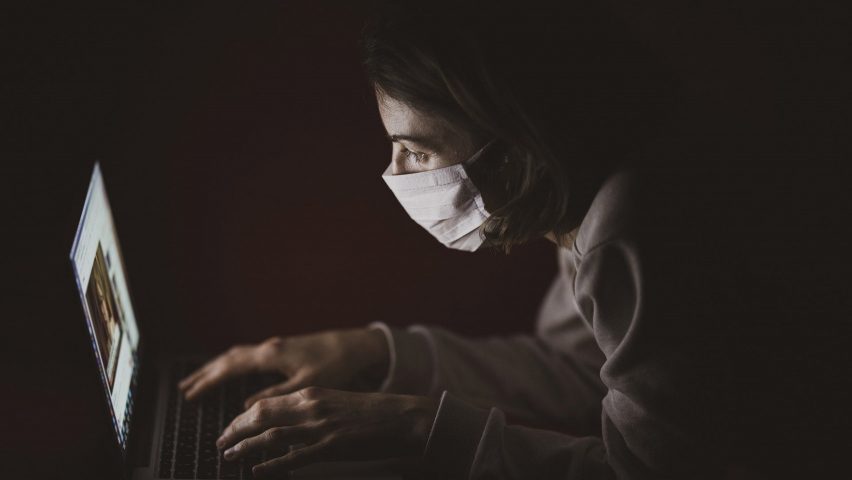
Coronavirus pandemic causing "significant decline" in UK architects' mental health
Loneliness, money worries and the stress of trying to juggle working from home with caring commitments has had a negative impact on architects' mental health, the RIBA has warned.
The number of architects and architecture students experiencing a decline in their mental health during lockdown has almost doubled since the start of April.
After five weeks of lockdown, 39 per cent of architects surveyed by the Royal Institute of British Architects (RIBA) in its second Covid-19 report said that their mental health had been negatively impacted.
This is up from 23 per cent of architects reporting a negative impact on their mental health in a RIBA survey from early April.
RIBA concerned by survey results
Financial worries are one of the biggest problems for architects, with 56 per cent dealing with reduced income. Over 40 per cent have been furloughed or have seen their hours reduced, as practices deal with cancelled projects, delays and loss of business.
Of the architecture practices surveyed, 57 per cent have seen cashflow reduced. Work has stalled for 90 per cent of construction sites, and 48 per cent of architects have had projects cancelled by a client.
"We are particularly concerned to see a significant decline in mental health, with most having to deal with reduced incomes and many also juggling caring responsibilities with home-working," said RIBA CEO Alan Vallance.
"As lockdown restrictions ease, construction sites re-open and we establish new ways of working, we must prioritise our health and wellbeing – and those of our employees and colleagues – and seek support should we need to," he added.
"Practice leaders can help by promoting a healthy work-life balance."
A work-life balance is particularly challenging for architects managing caring responsibilities alongside their job. School closures have seen a quarter of architects taking on full time childcare and home education duties on top of their workloads.
Isolation exacerbates existing struggles
Loneliness is also a major issue, with a fifth of respondents to the RIBA survey saying they felt isolated.
For those struggling before the lockdown, being physically cut off from support networks, therapists and mutual aid groups is an extra challenge.
"Its been very hard for LGBTQ+ people of my age," one UK architect told Dezeen.
"There is a serious issue with addiction, loneliness and alcoholism anyway, and while its been perfectly possible to work from home, for which I'm so so grateful and lucky, its not been possible to attend meetings," they added.
"Myself, and others I know, have relapsed, very, very badly."
In 2018, the RIBA reported that the number of LGBTQ+ architects who were comfortable being "out" in the workplace had dropped, with an uptick in reports of homophobic and transphobic slurs being used in the workplace.
"We're all processing so much right now"
To help architects – and everyone else – confined to their homes, Assael Architecture have collaborated with Architects' Mental Wellbeing Forum to put together a Covid-19 toolkit to offer support to those who are struggling.
"We know its a difficult time for architects at the moment," architect and mental wellbeing advocate Ben Channon told Dezeen.
"Many are dealing with isolation, financial concerns, uncertainty and ad-hoc workspaces which don’t always provide a great working environment," added Channon, who is the head of wellbeing at Assael Architecture.
"We're all processing so much right now, so one of my biggest pieces of advice would be to try to retain a sense of normality as much as possible," he suggested.
"At Assael, we've been working hard to make sure staff are staying connected, maintaining daily routines and working healthy hours – including ensuring they take time off. By keeping things as 'normal' as possible through the things we can control, we can take charge of this strange situation and help it to be less daunting."
Last year Dezeen reported that many young architects and students were struggling with burnout and mental health issues due to the long hours and intense pressures of the industry.
Main image is by Engin Akyurt from Pixabay.